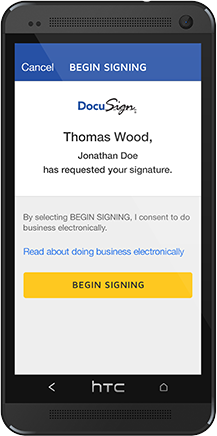The Payroll Protection Program (“PPP”) is easily the most generous small business support grant/loan program in the history of the nation. Essentially, it is a lifeline to hundreds of thousands of small businesses (under 500 employees) nationwide in the midst of the economic crisis borne out of the COVID-19 pandemic.
It launched Friday, April 3, 2020, and on Sunday April 5, Wells Fargo & Company announced that it has “reached its capacity of $10 billion to lend under the PPP.” According to FastCompany.Com, “the bank has only been focusing on nonprofits or companies with 50 employees or less,” the statement read. From Fast Company and Wells:
“Given the exceptionally high volume of requests we have already received, we will not be able to accept any additional requests for a loan through the Paycheck Protection Program. We will review all expressions of interest submitted by customers via our online form through April 5 and provide updates in the coming days.”
Many of our clients have wanted to apply quickly to be “first in line” for the grants, and successfully completed their on-line application with various banks. We have helped them to quickly apply, but generally counseled patience inasmuch as the program claims to extend through the end of 2020. Thus, we did not expect the grant/loan program would be cut off so quickly and callously by one of the nation’s biggest lenders. 48 hours of applications, which really was about eight business hours, and “poof” they are out of the game and leave their regular customers hanging.
To make matters worse, most banks with which we speak say they are limiting PPP applications to existing customers only. So, Wells Fargo customers may need to either wait or flail around for days, weeks or months to find another lender to process their perfectly compliant PPP application.
We continue to work with clients who are continuing to process PPP applications with PNC, US Bank, Fifth Third Bank, Huntington Bank and other major and smaller lenders. If you are a Wells Fargo customer who is having difficulties applying for a PPP loan, contact us to help identify a cooperative and open lender.
Attorney Rebecca L. Simpson of the Finney Law Firm has carefully studied the PPP and the Emergency Income Disaster Loans (“EIDL”) to help our small business clients access these funds. Feel free to call her at 513.797.2856 if you have questions about these programs or need help accessing PPP or EIDL funds.
Stay safe, America. We will get through this together.












